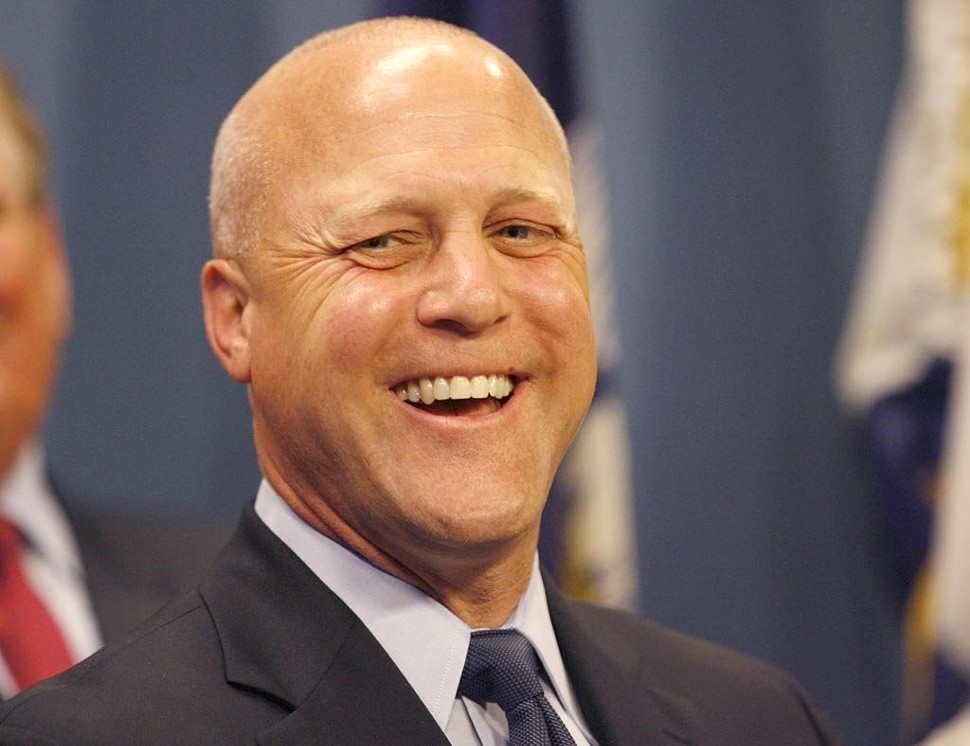The issue of a possible city/county government consolidation for Memphis and Shelby County has been somewhat buried in the news cycle. In case you missed it, here’s the short version: Memphis City Council members Chase Carlisle and JB Smiley Jr. are floating a consolidation proposal that would be put on the November 22, 2022, ballot.
Let me cite the Daily Memphian’s report: “By the terms of the resolution, Memphis Mayor Jim Strickland would appoint five citizens to the eventual 15-member body and take those names to a council committee for review within 21 days of the council vote approving the resolution. … A confirmation vote on the five by the council would follow within 30 days of the council approving the charter commission resolution. The resolution urges the Shelby County Commission to take the same action. … The charter commission would hold its first meeting Nov. 1 and complete its work August 1, 2022, with filing of the charter.”
Are you still awake?
This has about as much chance of passing into law as does a countywide anti-barbecue ordinance. Past efforts at conjoining county and city have failed for a reason. Remember the disastrous “consolidation” of the city and county school systems? Memphis City Schools shut down in order to merge with Shelby County Schools. The suburban municipalities would have none of it, forming their own districts and bailing on consolidation. For all intents and purposes, Shelby County Schools is now basically Memphis Public Schools under another name.
We are a bit like Afghanistan, where the U.S. government tried for 20 years to establish a national government, spending billions on infrastructure, weaponry, education, and our own blood and treasure. It all collapsed like a Jenga tower on a trampoline when the final date of U.S. troop withdrawal was announced. The puppet regime fled the country; the Afghan government troops evaporated; the Taliban walked into Kabul, unopposed.
The original withdrawal deal was set up by former President Trump, who released 5,000 Taliban troops as a gesture of good faith and pledged to remove U.S. troops by May. President Biden backed up Trump’s withdrawal date from May to September but didn’t change much else. The final week of chaos, hurried flights to safety via a massive airlift, and a last-minute suicide bombing that cost 13 American lives gave pundits and keyboard kommandos of every stripe a couple weeks worth of second-guessing, but not much else. Most Americans are glad we’re finally out of that hell-hole.
What did we learn? Afghanistan is a landmass with a prescribed border, but it is not a country and certainly not a place to attempt nation-building. Rather, it is a conglomeration of tribes and religious and ethnic groups, many of whom have been feuding for centuries.
Shelby County is also a landmass with a prescribed border and home to various tribes, most of whom have little in common, and some of whom have been feuding for decades.
How many times have you heard a Midtowner say, “I don’t go beyond the Parkways”? How many times have you read an online comment from a suburbanite disparaging Memphis’ crime? People who live in Bartlett, Millington, Germantown, Lakeland, Arlington, and Collierville don’t see themselves as Memphians. And why should they? They don’t live here. They have their own communities with schools, police departments, and governments. The proposed consolidation would leave the burbs intact as towns, but their citizens — as residents of Shelby County — would still have a vote in the referendum. How do you think that will go?
Memphis is blue. The rest of the county is red. We can come together over barbecue, the Grizzlies, the Tigers, and not much else. I love this city and I’m proud to call it home. People in Germantown feel the same way about their town. We can get along fine for the most part, as long as we avoid politics. We even make occasional forays into foreign territory for shopping, dinner, sports, or music. But putting together a consolidation package that would win 51 percent of the vote in this fractious county is not very likely to happen.
And let’s be honest: Nobody wants to go through an airlift around here.




